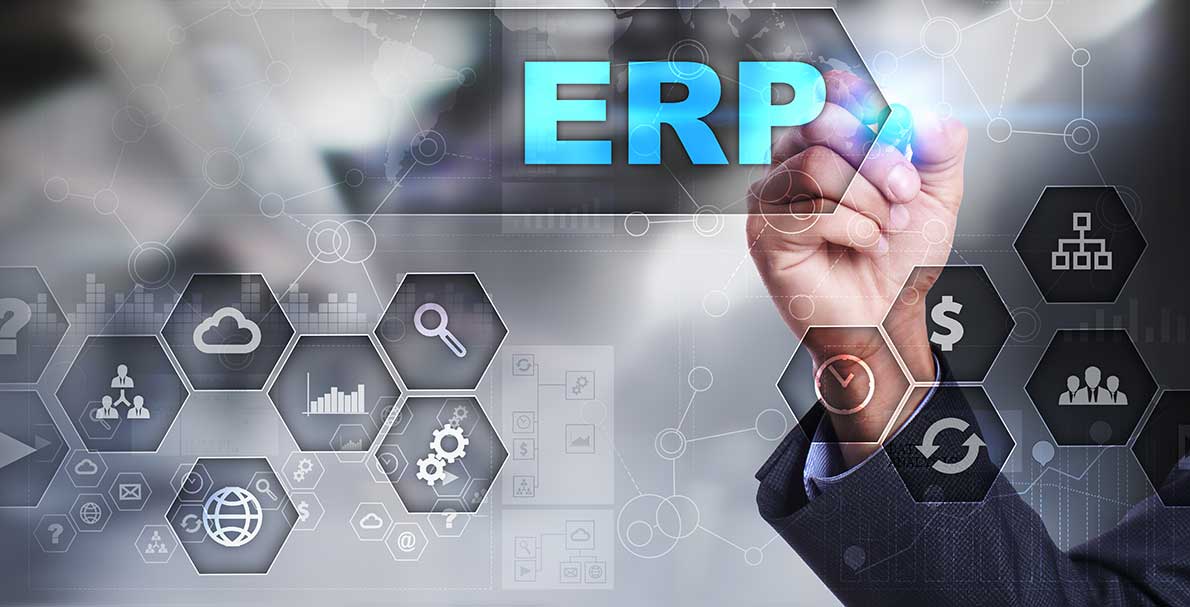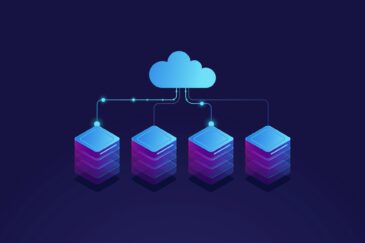Why are Businesses Moving from JD Edwards to NetSuite

- January 18, 2023
- Jhansi Rani
- 0
JD Edwards and NetSuite are both ERP systems owned by Oracle. But, there are a few significant differences between these two. JD Edwards is an on-premises ERP software that runs on a company’s servers. It has been around for longer and has a more established customer base. It is known for its robust functionality and can handle complex business processes.
On the other hand, NetSuite is a cloud-based ERP software hosted by Oracle and accessed over the internet. It is a more recent software and is considered more user-friendly and intuitive. It is also known for its flexibility and scalability, and fast-growing businesses often use it. Both JD Edwards and NetSuite offer similar functionalities and modules. Still, NetSuite ERP Accounting Software has a more modern and user-friendly interface and provides better scalability, as it is built on the cloud. Here are some of the NetSuite benefits when compared to JD Edwards.
Deployment Model
NetSuite ERP accounting software is hosted by Oracle and accessed over the internet, eliminating the need for companies to maintain their servers and IT infrastructure. NetSuite can be deployed faster as it uses a subscription-based model with minimal IT resources required. This makes it more accessible to small and medium-sized businesses, which might not have the resources to invest in on-premises software.
On the other hand, JD Edwards is installed and run on a company’s servers meaning that companies need to invest in their own IT infrastructure and maintain the software. JD Edwards deployment requires significant IT resources and a dedicated team to manage the software. This can be more complex and time-consuming than a cloud-based deployment. Oracle NetSuite ERP is faster, more cost-effective, and less difficult to deploy than JD Edwards.
Ease of Use
NetSuite is known for its user-friendly and intuitive interface. It is designed to be easy to navigate and use, which makes it easy for employees to adopt and use. NetSuite provides easy access to data using dashboards, analytics, and visualization tools.
JD Edwards, however, is more complex and harder to use. The software is geared towards more complex business processes and is used by larger enterprises with more specialized needs. It has a steeper learning curve and can take longer to master the system. The interface is more modern and easier to navigate than NetSuite.
Costs
NetSuite ERP accounting software eliminates the need for companies to maintain their servers and IT infrastructure. This can save on upfront and ongoing costs. Additionally, NetSuite is deployed on a subscription model, which can be more cost-effective than purchasing software outright. Oracle NetSuite license costs can vary depending on the specific features and capabilities a business needs. Typically, pricing is based on the number of users, the customization level, and the industry type. NetSuite offers a variety of pricing plans and options, which can be tailored to the specific needs of different businesses and industries, making it more accessible to small and medium-sized enterprises.
With JD Edwards, the deployment and maintenance costs as companies need to invest in their servers and IT infrastructure, as well as a dedicated team to maintain the software. The overall implementation, customization, and support costs for JD Edwards are also higher than NetSuite.
Software Updates
NetSuite ERP accounting software is hosted and regularly updated by Oracle. Companies can be away from worrying about maintaining or upgrading the software. These updates are usually done during non-peak hours to minimize disruptions.
On the other hand, JD Edwards is an on-premises ERP software, which means that the updates and new features are usually available for download and need to be implemented by the company’s IT team. This can be more time-consuming and complex than automatic updates.
Scalability
NetSuite is a cloud-based ERP software that can easily scale up or down to meet changing business needs. It offers a more flexible and scalable solution, as resources can be added or removed on demand, and the software can support multiple users and locations.
With JD Edwards, scaling the system can be more complex, requiring additional hardware and IT resources. While JD Edwards is known for its robust functionality and scalability, it is primarily geared toward larger businesses with more complex and specialized needs.
Customization
NetSuite ERP accounting software is generally more flexible and customizable than JD Edwards, as it offers a range of modules that can be tailored to specific needs. It is built on an open architecture, allowing easy integration with other systems and customization of the UI, workflows, and business processes.
While JD Edwards can be customized, the process can be more complex and time-consuming than with NetSuite. JD Edwards has a more rigid structure, making it harder to adapt to unique business requirements.
Mobile Capabilities
NetSuite offers mobile access to the system, allowing users to access their data and perform their tasks from anywhere using mobile devices. This includes mobile-friendly dashboards, the ability to approve transactions, access to real-time data, and inventory management.
JD Edwards also offers mobile capabilities, but the functionality is less comprehensive than NetSuite. It is limited to specific features and could be more user-friendly. Overall, NetSuite offers better mobile capabilities than JD Edwards.
Analytics
JD Edwards also offers analytics capabilities, but the functionality is less advanced than NetSuite. It provides standard reporting and analytics capabilities but is not as user-friendly or accessible to business users as NetSuite.

Services
Products
Company
Copyright © 2025 Rite Software Solutions & Services LLC. All rights reserved.



